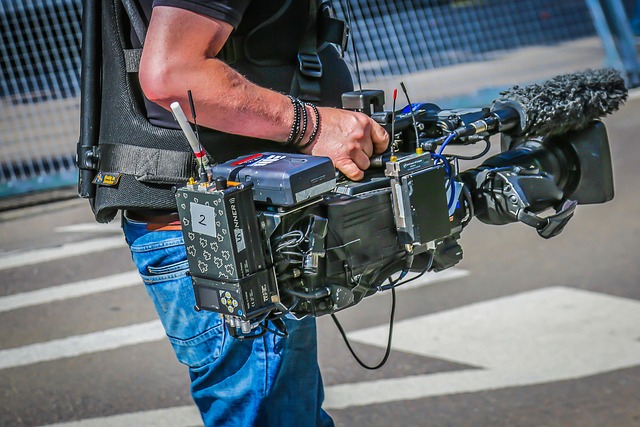
The Impact of Sponsored Content in the Entertainment Industry
In the vibrant realm of the entertainment industry, where creativity flows and audiences are ever-hungry for new experiences, sponsored content has emerged as a powerful tool that reshapes how we engage with our favorite forms of entertainment. From electrifying concerts to mesmerizing festivals, and even the cinematic magic that keeps us glued to our seats, this marketing technique plays a pivotal role in connecting brands with audiences in an organic and relatable manner.
Imagine attending a music festival, where the thrill of live performances mingles with the buzz of brand activations. Here, sponsored content comes alive, enhancing the attendee experience while weaving in brand narratives that resonate with the audience. Brands sponsor stages, create immersive experiences, and curate lineups that align with their identity, all while ensuring that festivalgoers are interacting with their products in a fun and engaging way. Whether it’s a signature drink at a nearby booth or exclusive merchandise that embodies the spirit of the event, the presence of sponsors adds another layer to our overall enjoyment.
Similarly, in the world of cinema, sponsored content finds its place as companies strategically align themselves with film releases that capture the cultural zeitgeist. Movie trailers become a playground for advertisers looking to tap into the emotions of the audience, bringing their offerings into the spotlight just as much as the films themselves. This symbiotic relationship not only creates brand loyalty but also amplifies the storytelling elements within cinema itself—think of product placements that feel genuine rather than intrusive, seamlessly integrating into the narrative and enriching our viewing experience.
The music industry, too, has embraced the trend of sponsored content. Artists often collaborate with brands to produce exclusive tracks or promote upcoming albums through social media campaigns. This partnership not only broadens the artist’s reach but also presents opportunities for brands to connect with passionate fans on a deeper level. As listeners, we often find ourselves drawn to these collaborations, appreciating how they enhance the music while simultaneously allowing us to feel connected to our favorite artists in new and meaningful ways.
Furthermore, as audiences become savvier and more discerning, the expectation for authenticity grows. Sponsored content that feels genuine, relatable, and aligned with the audience’s values can create lasting impressions. The entertainment industry must navigate this fine line, ensuring that partnerships don’t overshadow the artistic integrity of the content being consumed. In an age where streaming services and social media reign supreme, authenticity becomes key in maintaining the trust and loyalty of audiences.
Ultimately, the impact of sponsored content in the entertainment industry is vast and multifaceted. It enriches experiences at concerts, festivals, and cinema, allowing both brands and creators to engage meaningfully with fans. This collaboration not only drives revenue but also cultivates a sense of community, inviting audiences to be part of the narrative rather than just passive viewers. As we move forward, it’s clear that the fusion of entertainment and marketing through sponsored content will continue to evolve, shaping the way we experience our favorite forms of amusement. The current landscape promises exciting trends, innovations, and stories that will resonate long into the future, keeping the magic of entertainment alive and thriving.

